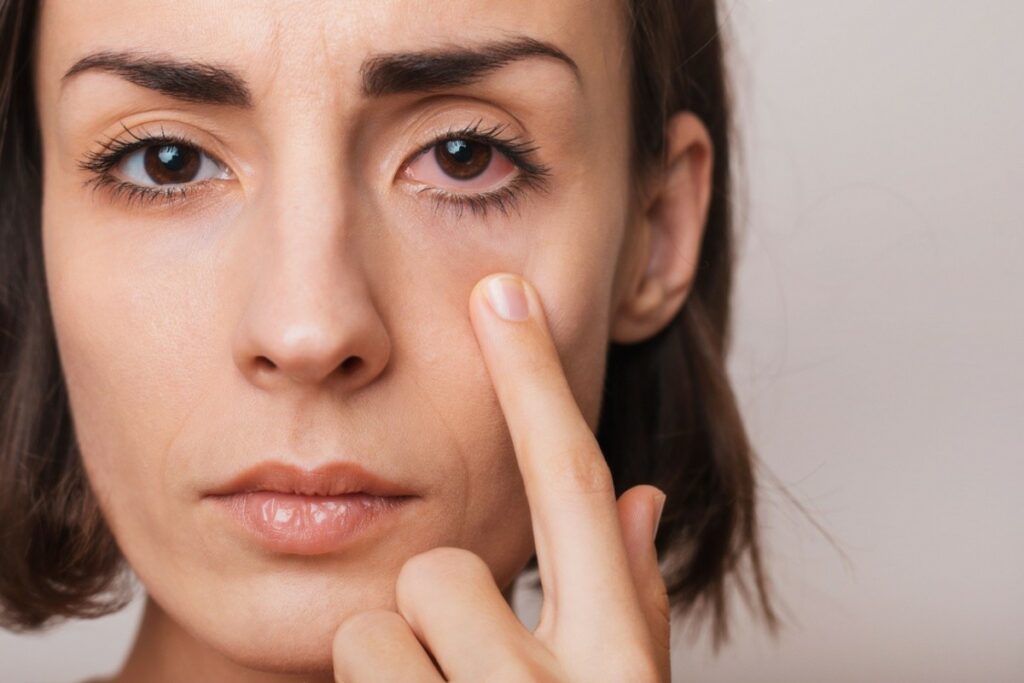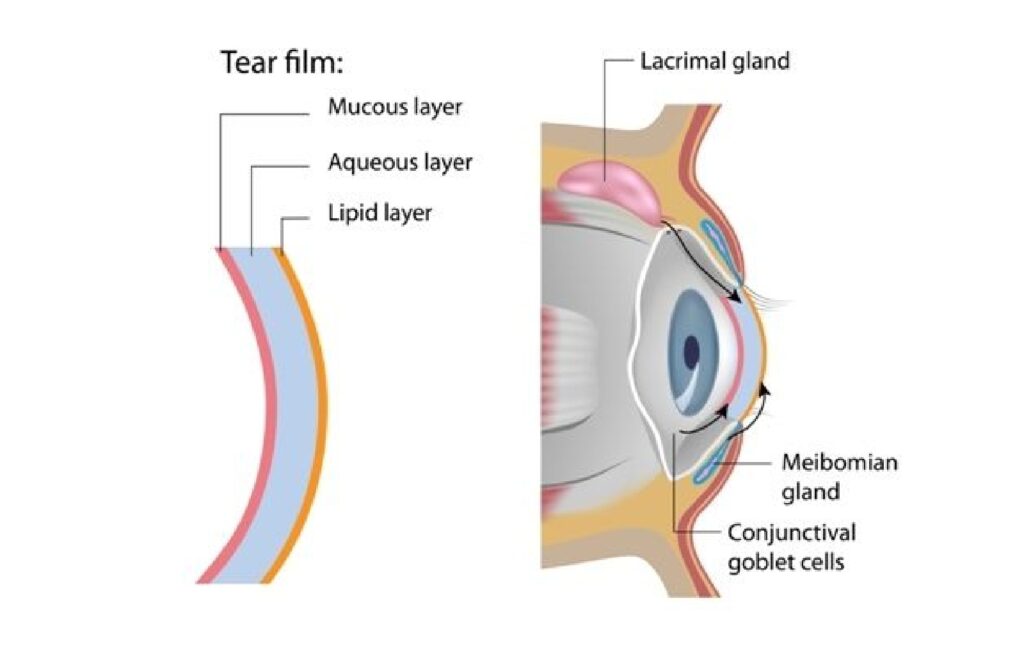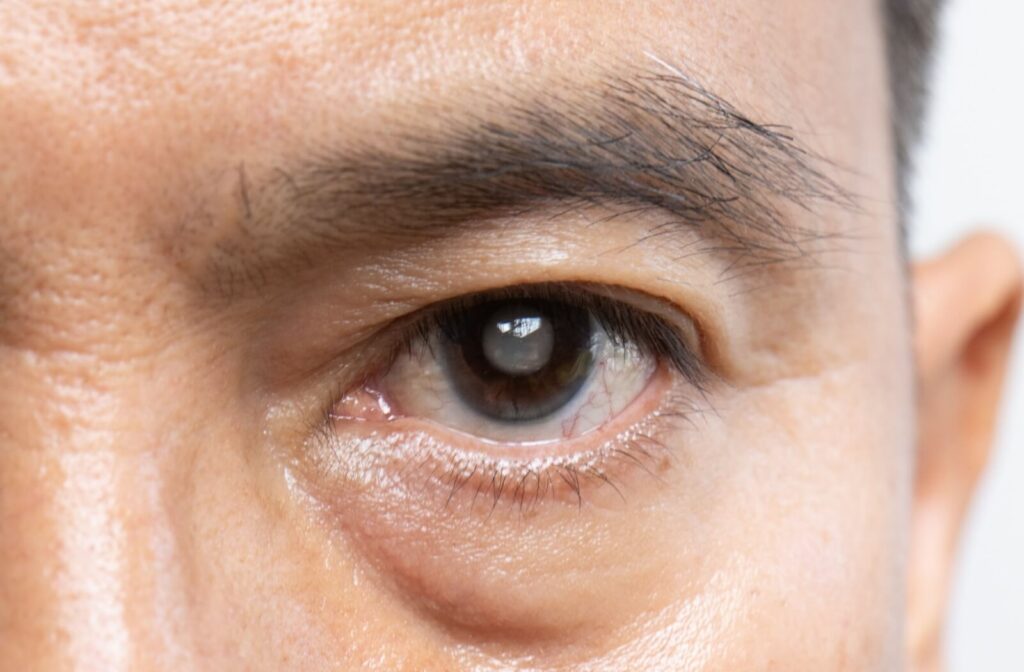If your eyes hurt when you blink, it could be due to dry eyes, infections, or foreign objects. Learn common causes and when to seek professional eye care. […]
Why Does My Eye Hurt When I Blink?




If your eyes hurt when you blink, it could be due to dry eyes, infections, or foreign objects. Learn common causes and when to seek professional eye care. […]

Sharp eye pain that strikes without warning can turn your day upside down. You might feel a stabbing sensation, burning discomfort, or pressure that makes it hard to focus on anything else. Sudden sharp eye pain can range from minor irritation requiring simple treatment to serious medical emergencies that need immediate professional care. The key […]

Waking up with eyes that feel like sandpaper. Blinking constantly throughout the day, hoping for relief that never comes. Struggling to focus on your computer screen because your vision keeps blurring. These daily challenges affect millions of people with meibomian gland dysfunction, and if you’re reading this, you likely know exactly how frustrating these symptoms […]

Color blindness, or color vision deficiency, affects the ability to perceive certain colors or differentiate between them. Because traffic lights, road signs, and other driving cues rely on color coding, you might wonder whether being color blind presents a significant barrier to driving. The simple answer is yes, people who are color blind can drive. […]

From the moment we’re born, our eyes work to capture and process the incredible world babies are so new to. At birth, the human eye is tiny! The eyes grow rapidly during infancy and early childhood. Your eyes continue to grow until young adulthood, but this happens much more slowly. Genetics, lifestyle, and eye diseases […]

If you’ve spent hours staring at a screen, experienced that dull ache behind your eyes, or struggled to focus, you’re not alone. Eye strain is a growing problem in our tech-driven world. Between remote work, social media scrolling, and streaming marathons, we’re exposing our eyes to screens more than ever. Eye strain is temporary and […]

Cataracts are a common age-related eye condition that can cause symptoms like double vision, blurry vision, and halos around lights. Imagine looking through a foggy window. That’s how vision can feel for someone with cataracts. Cataracts typically develop slowly, but early detection through a comprehensive eye exam is ideal. Your eye doctor can incorporate things […]

In our modern, hectic, and productive world, our work makes up a significant portion of our lives. Our busy lifestyles keep us glued to digital screens for extended periods of time. While our ability to focus is wonderful, it can cause discomfort to our eyes. Eye strain lends to fatigue and sore eye muscles that […]

Everyone eventually reaches the age where cataracts become the topic of choice for vision concerns. It makes sense. Cataracts are a common eye condition among older adults and a leading cause of blindness. Cataracts are your eye’s lenses becoming hard and clouding, which naturally happens as we age. Everyone gets some level of cataracts, though […]

Cataracts can be a concern for many people as they get older. When your risk for cataracts increases because of age, you may also start to wonder about the other possible causes of cataracts and how using digital devices may affect your eyes. Fortunately, computer screens are not a recognized cause of cataracts. While computer […]